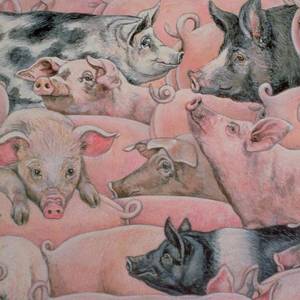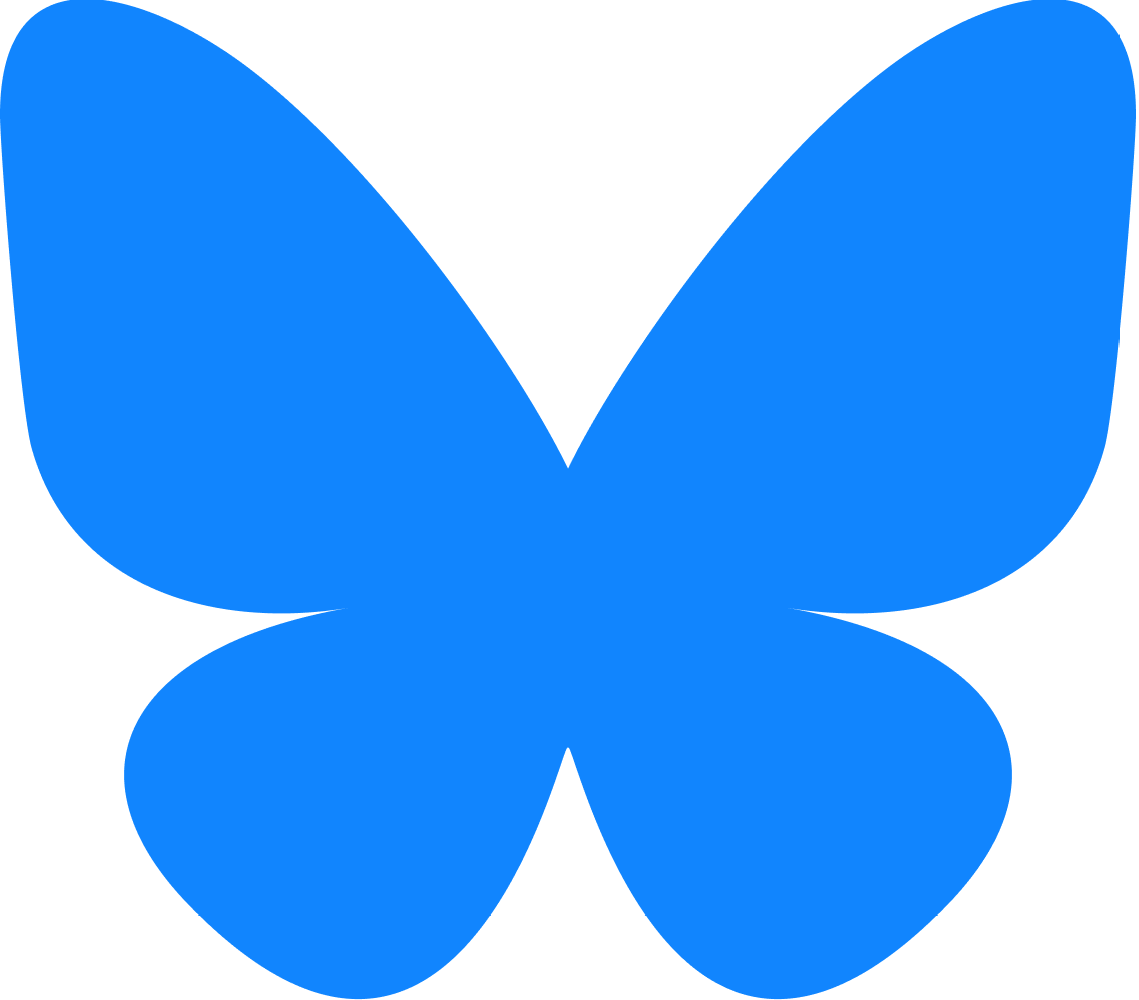Re-Animalizing Animal Farm
Challenging the “Anthropo-Allegorical” in Literary and Pedagogical Discourse and Practice
DOI:
https://doi.org/10.52537/humanimalia.11190Keywords:
animals and literature, animals and education, the anthropo-allegorical, pedagogy, animals in fiction, Orwell, Animal Farm, literary animal studiesAbstract
Interpretations of George Orwell’s Animal Farm have been almost exclusively focused on anthropocentric allegory in the text and what I call the anthropo-allegorical interpretive frame. Given Animal Farm’s iconic and enduring status in English classrooms, I unpack this process, particularly how it is informed and perpetuated by the persistence of human exceptionalism rooted in the humanist literary tradition, and hegemonic approaches to education. I employ Derridean deconstruction to critique the humanist and educational legacies that inform the largely homogenized and de-animalized interpretation and pedagogical applications of Animal Farm. Then I argue for a new, hybridized reading — and teaching — that moves beyond the anthropocentric and toward a more-than-human interpretive and pedagogical orientation that speaks to the oppressions and challenges confronting multiple species, including, but not confined, to our own.
Downloads

Published
Issue
Section
License
Copyright (c) 2022 John Drew (Author)

This work is licensed under a Creative Commons Attribution-NonCommercial 4.0 International License.









